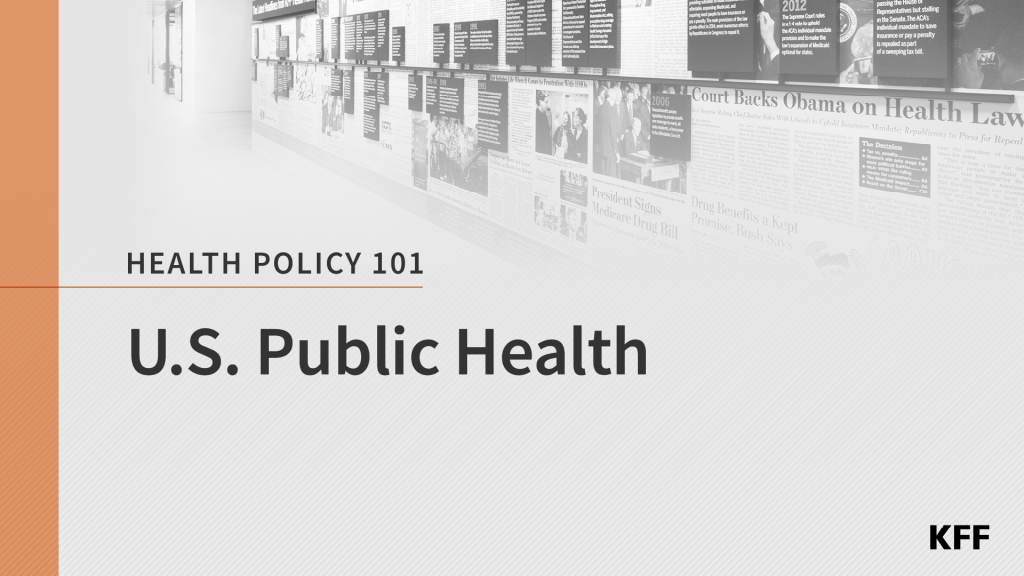KFF COVID-19 Vaccine Monitor November 2023: With COVID Concerns Lagging, Most People Have Not Gotten Latest Vaccine And Half Say They Are Not Taking Precautions This Holiday Season
This survey reveals that half of adults nationally don't expect to get the latest COVID-19 vaccine, with many saying that they aren’t worried about catching or spreading the virus. It also examine people's reasons for not getting the new vaccine and whether they are taking precautions to minimize their risks.
